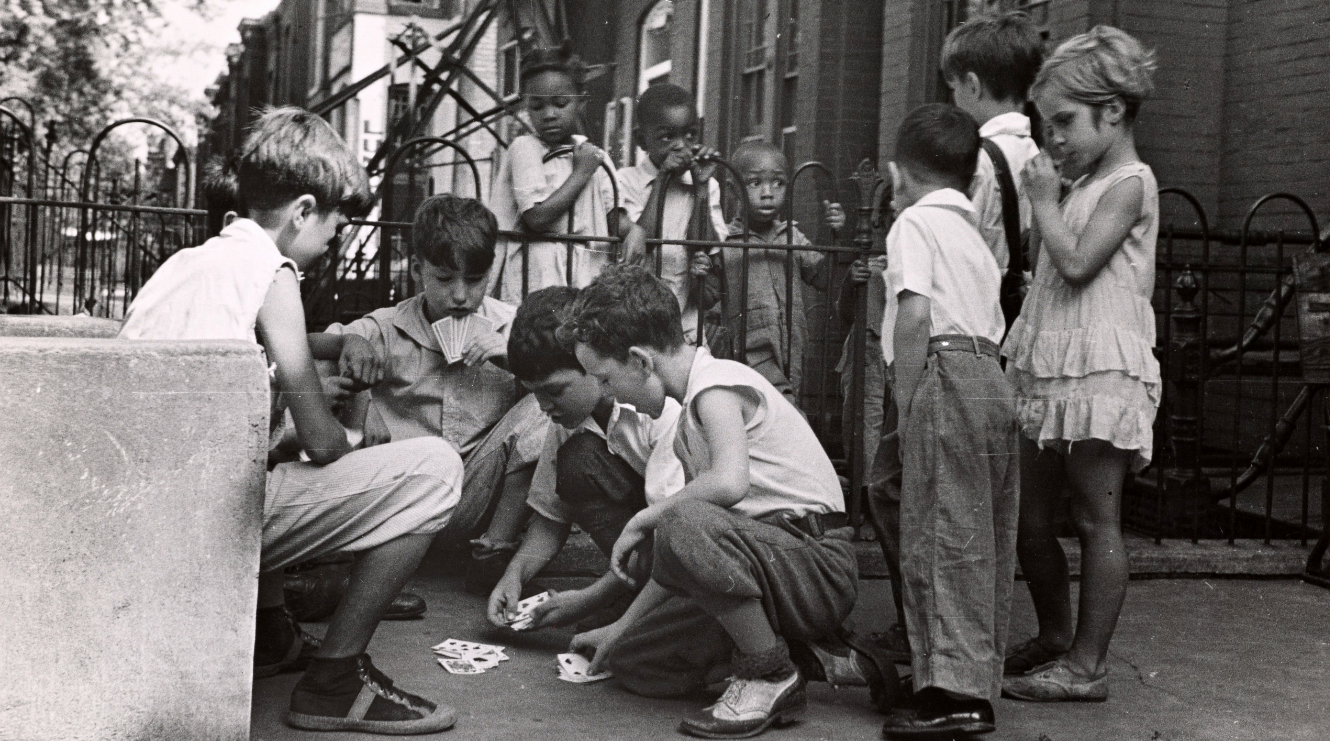“The idea that children taken seriously would ever want to be coerced is absurd. Coercion only looks good from the miserable mire of coercion.”
– Sarah Fitz-Claridge
From the archives: Posted on 24th May, 1995
A poster had written:
“I personally think that children want guidance on moral issues.”
I had replied:
“I quite agree. Of course they do. But there is guidance, and there is coercion. The latter, they don’t want (obviously—it is a tautology).”
Another poster replied:
“Hmmm. It doesn’t look like a tautology to me. Thinking back to my childhood, I can remember times when I very much wanted coercion. (Not whips and chains, you understand.) I can easily remember “peer pressure” and the sense of being backed into a corner, of having to deal with the quandary of either doing something really stupid or of losing face. The strong arm of parental authority was something I very much appreciated at those moments. Perhaps I shouldn’t have been so affected by peer pressure, or perhaps I would have been better off if my parents hadn’t exerted that authority on those welcome occasions. But I can present a data point that at least one child at one time has wanted coercion. (I observe behavior around me that suggests that many adults also want to be coerced–perhaps because it lifts the demands of self-responsibility.)”
Is it that you wanted to be coerced, or is it that you were already experiencing coercion—or pressure from your peers—which the intervention of your parents released you from? In the example you present, it does seem that what was actually happening was that you were experiencing internal conflict, and so welcomed the intervention of your parents who, by their “coercion”, removed this external pressure that was causing you psychological pain. I suggest that if it had been the case that you were not experiencing any internal conflict, your parents’ intervention would not have been welcome. It would have caused internal conflict that had not been there before.
To me, being noncoercive means finding real solutions to problems, and that means (amongst other things) striving to avoid producing internal conflicts in others. Intractable internal conflicts occur when the rational process of conjectures and refutations has broken down (on that particular issue)—they are conflicting theories in the mind of the person. Where these theories are entrenched (which is the aim of coercion), by definition, the conflict becomes immutable—there is a problem which can’t be solved.
See also:
- Children do not want parental coercion
- Dead Poets Society is not taking children seriously
- Watch out! There’s a toddler about!
Sarah Fitz-Claridge, 1995, ‘Coercion prevents problems being solved’, https://takingchildrenseriously.com/coercion-prevents-problems-being-solved/

